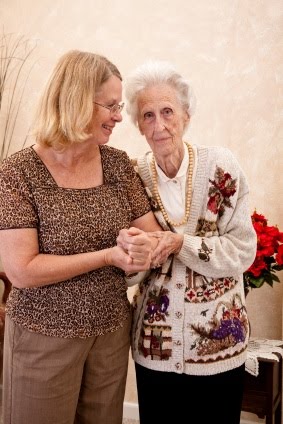
by: Alex Smith @AlexSmithMD
You don’t get something for nothing.
We’ve blogged previously about the silent long term care system of informal caregivers in the US. These are the families and friends who provide the bulk of care for older adults in the US. The National Caregiving Alliance estimates that nearly 1/3 of US aldults are caregivers. This caregiving is seemingly “free” – it appears to cost the US Healthcare System nothing. Often, however, this work comes at great cost to the caregivers, including higher rates of depression and other health effects. It also means the caregiver is providing care, and not earning an income for themselves or their family.
Today we have more information about the economic costs of informal caregiving in the US.
Amalavoyal V. Chari and colleagues published a national study of the costs of caregiving for elders in the US in the journal Health Services Research (link to an interview with Dr. Chari here). They focused on how much these caregivers would have earned had they been working instead of providing informal care for older adults. What they found:
- They estimate the cost of informal elder care at $522 billion annually. That is, had these caregivers been working instead of providing care for “free”, they would have made $522 billion.
- The costs of formal long term care (e.g. nursing home care) are less than half the costs of informal care – $221 billion annually vs. $522 billion annually.
- The estimated costs of replacing informal caregivers with paid unskilled caregivers is $221 billion, and replacing informal caregivers with skilled caregivers is $642 billion. Conclusion: the informal caregiving system is more affordable than replacing this system with a skilled care system.
- These estimates may be underestimates because they do not include the cost impacts of caregiving on the emotional and physical health of the caregiver.
Why is this information important? Policy initiatives are just starting to recognize the importance of informal care. Many states offer Medicaid’s Cash and Counseling Programto reimburse caregivers for low income and/or Medicaid eligible seniors. This program is in an early, pilot phase, however, and risks budget cuts at the State and Federal level. We need more support for this program. And the monetary recognition of the sacrifices made by informal family caregivers addresses just one small aspect of the problem. Better training for this work is essential. Informal family caregivers are often untrained and unprepared, working in isolation for years on end.
Time our country started listening.



